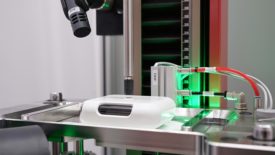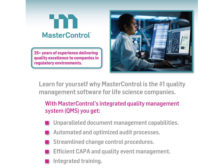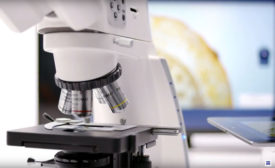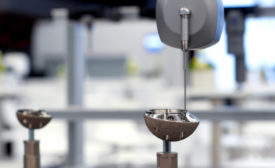Home » medical devices
Articles Tagged with ''medical devices''
Quality 101
By establishing precise parameters for success from the outset and implementing proven strategies, manufacturers can proactively mitigate risks, streamline operations, and foster a culture of excellence.
Read More
Test & Inspection
Just a Twist: Not Too Much, Not Too Little Turns Out Right
Here are a handful of example quality control processes that focus on the measurement of torque, with emphasis on sectors where testing is highly regulated, FDA 21CFR Part 11 being a prime consideration.
May 27, 2024
Medical
Evolving Needle-Based Drug Delivery Products & Testing Methods
When testing the emerging wearable devices, manufacturers are now confronted with various new and unique challenges.
February 16, 2024
Quality Headline
Gerresheimer, Medical Device Manufacturer Expands in Peachtree City, GA
January 23, 2024
The Advantages of Automated SPC Software, by Industry
The advantages to SPC can be applied differently, depending on the field you’re in.
June 14, 2021
Control Your Data with Microscopy
Medical applications require detailed data control methods.
May 4, 2020
How 3D Printing is Changing the Medical Device Field
Being able to manufacture these devices to conform to a patient’s anatomy is a game changer.
March 2, 2020
Metrology for the Medical Field
Medical devices require stringent quality and inspection methods.
March 1, 2020
Stay in the know with Quality’s comprehensive coverage of
the manufacturing and metrology industries.
eNewsletter | Website | eMagazine
JOIN TODAY!Copyright ©2024. All Rights Reserved BNP Media.
Design, CMS, Hosting & Web Development :: ePublishing

.jpg?height=168&t=1720482044&width=275)









